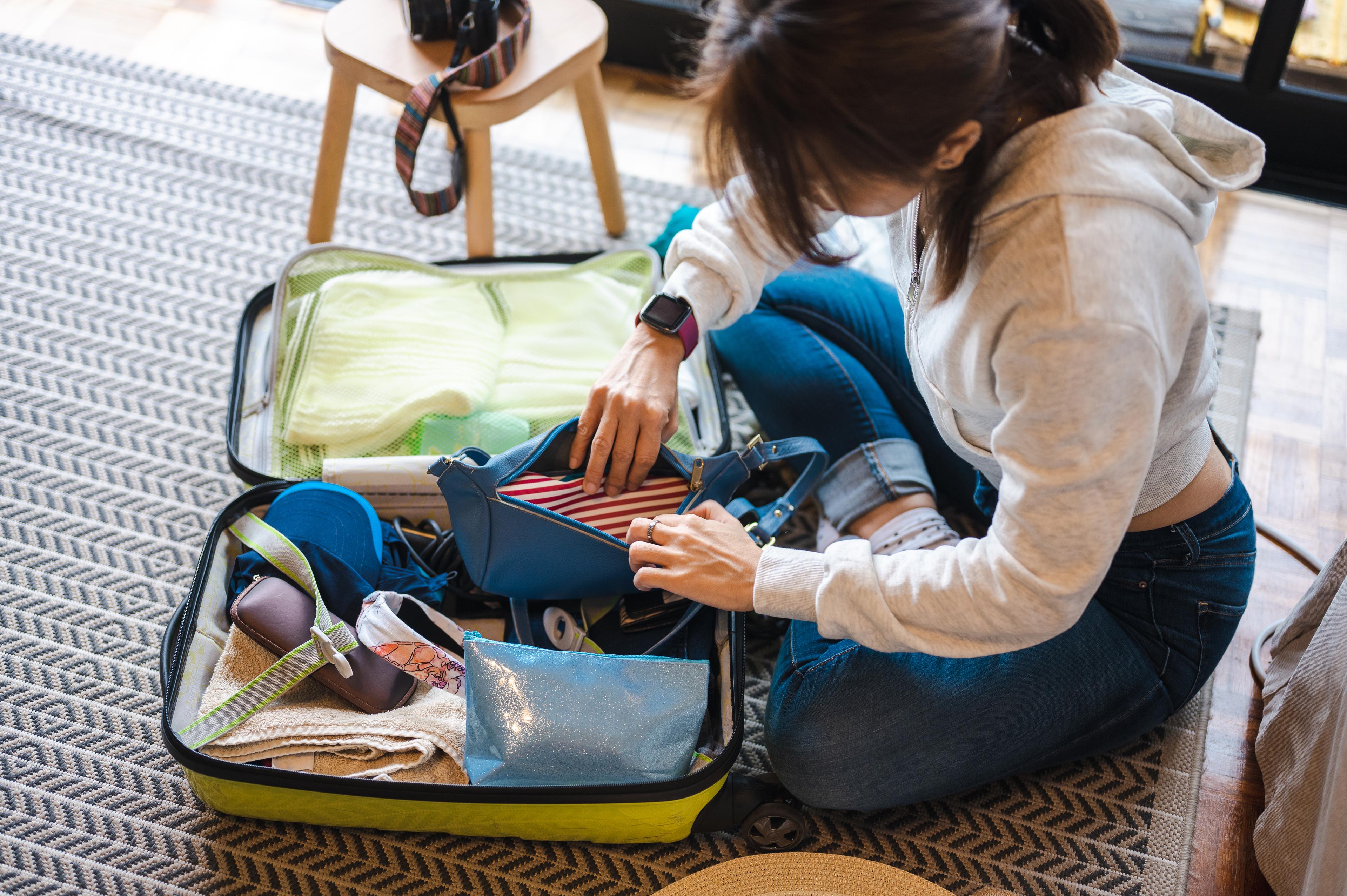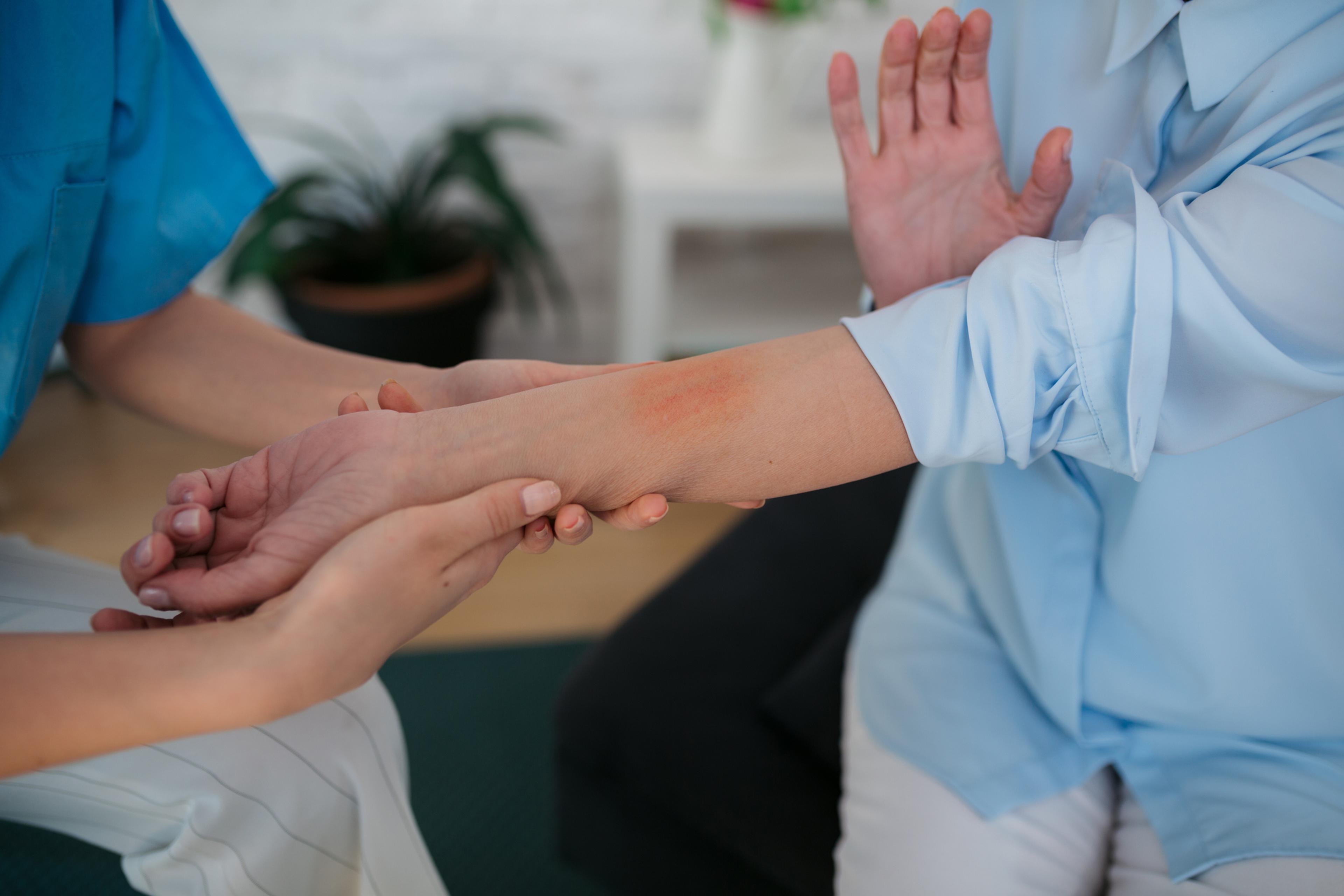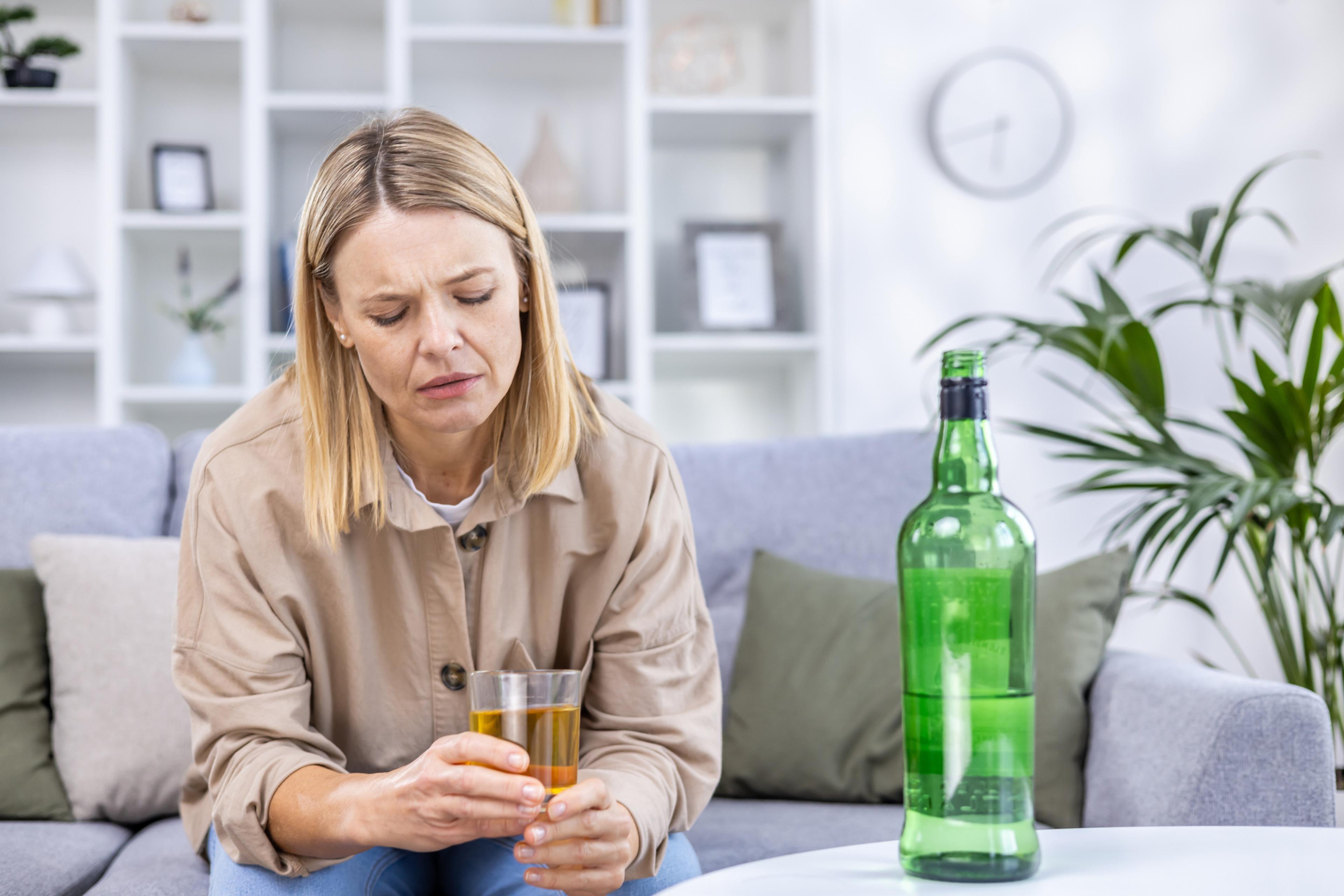Overcoming Post-Vacation Blues
Shandra Martinez
| 4 min read

Most of us have no problem enjoying our well-earned vacations. We get to relax with family or friends. We spend our time checking out new places, enjoying fun activities and indulging ourselves by sleeping in and sampling foods we don’t normally eat. But when we finally arrive home, our moods can start to sour. If this sounds like you, here’s how to overcome a bout of post-vacation blues.
What are the post-vacation blues?
Even if you’ve never heard of post-vacation blues before, you may have felt a few of the symptoms. This sadness, moodiness or just plain mental funk can start surfacing when you return home from a long vacation or even just a weekend getaway. And it’s more common than we might think. A British survey done a few years ago showed that nearly 60% of UK travelers polled said they fell into a post-vacation slump when they returned home.
You might think everyone would feel refreshed when they come home from a trip. But after a little self-pampering, some people find it difficult to return to work or their daily routine. They might feel like their life is no fun compared to the vacation days they just enjoyed. And it may nudge some people toward sadness or depression - or at least feeling a little sorry for themselves.
How to overcome post-vacation blues
If you want to stop this problem before it starts, it takes a little planning before you and your suitcase return home from your next trip. Here are some ways to make the transition from vacation to regular life a little smoother:
- Put things on your calendar. Coming home to an empty social calendar might feel a little dull after a fun vacation. To keep your spirits up, give yourself a few things to look forward to in the weeks after your return. They don’t have to be big things, or expensive outings. Pencil in coffee with a friend, or meeting someone for a walk through your neighborhood or at a local trail. The point is to have little emotional pick-me-ups planned for the weeks following your return from vacation.
- Clean up your house before you leave. If coming back from vacation is a let-down, so is walking into a messy home. Do your post-vacation self a favor and wash any dishes before you leave on your trip. Pick up any clutter and wipe down the counters.
- Create a transition zone. How many people do you know who cram lots of activities into a vacation, then come home and jump right back into their work routine the next day? If returning from trips is hard for you, do yourself a favor and create a grace zone. This can start on your final day of vacation: pick relaxing things to do instead of a final, frantic push for adventure. Ending a vacation with relaxation sets a calm tone for your return. You can also give yourself a buffer by not returning to work the very next day. Maybe you come home on a Saturday and give yourself Sunday off before you wade into the work week. Or, arrange to work a half-day when you return, just to give yourself more time to acclimate to your routine.
- Set some no-drama boundaries. Launching yourself back into your regular routine can be a rude awakening. Many of us have busy schedules and work projects - and people - that can demand a lot of our attention. When you return from vacation, it’s good to create some mental boundaries. Get your work done, but decline to take on other people’s workload. Avoid other people’s squabbles or personal drama.
- Start planning your next trip. When you’re back from vacation, take time to make notes about places you want to visit next. Or, if you know you’ll be headed back to the same vacation spot soon, research other things you can do while you’re there. Sometimes just anticipating another trip gives us the mental boost we need to keep that vacation glow going.
Photo credit: Getty Images





